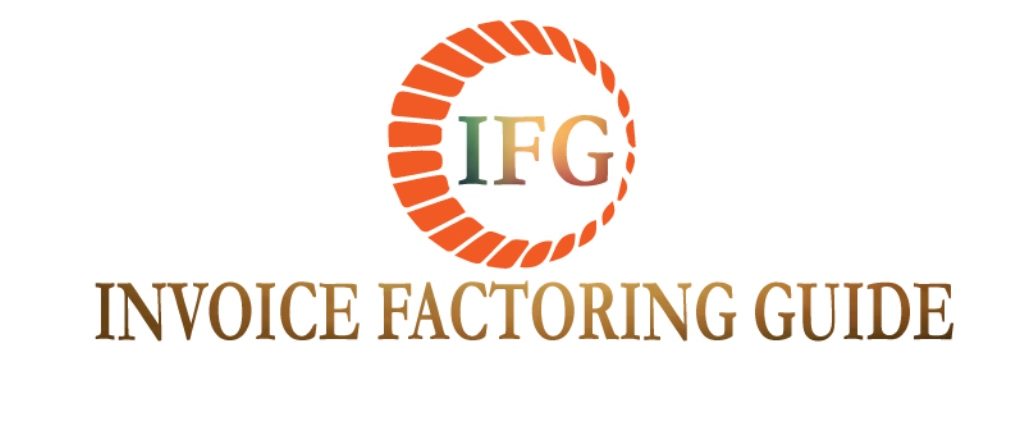Can Capital Reviews
Pros
- Long track record of financing (20+ years).
- Money can be received in as little as two business days.
- Many different industries are served.
- Diverse funding sources-banks plus alternative asset managers
- No obligation quotes.
Cons
- Must have gross revenues of $150,000.
- Require a personal guarantee from the business owner.
- A 3% origination fee for term loans and $395 administration fee for cash advances.
- Loans are not available in the state of Vermont.
Can Capital Reviews
See above info for Can Capital Reviews. If you are a current or former Can Capital customer, we’d like to hear from you. How was your experience? Are you a repeat user?
Can Capital is a self-described technology-driven, specialty finance company. With offices in New York, Georgia and Costa Rica, they’re a bit of an unusual fintech (financial technology) in that they’ve been around since 1998.
Since that time, Can Capital reports providing funding for over 81,000 small businesses with total loan volume of over $7 billion. Such loans have provided net working capital to businesses including restaurants, auto repair shops and medical services.
The company provides funding through online small business loans and merchant cash advances. The business loans are term loans, with a fixed rate and repayment schedule. Interestingly, the repayment is automated and comes out of the business’ bank account on a daily schedule.
These loans are reportedly funded by WebBank, a Utah-based industrial bank. This is not uncommon for nimbler fintech names to have some of the funding coming from a traditional bank. They also receive capital from some alternative asset funds, driven by investors looking for higher yields.
How is Can Capital Different from other Factoring Companies?
Can Capital does not offer accounts receivable factoring for it’s small business customers. They offer term, quick business loans and merchant cash advances. Since they offer MCAs, their business customers typically derive a large portion of revenues from sales through credit card sales.* As such, they are likely B2C in nature whereas factoring companies provide services for B2B or B2G entities (the exception is Fundbox which handles B2C operations). Can Capital competes with companies like National Funding, Fora Financial, Rapid Advance, Loan Me and Swift Capital.
Can Capital provides small business funding for restaurants and you can see they have a history of working with restauranteurs. This is an area factors don’t focus on due to their B2C makeup.
But in some ways, they are similar to an invoice finance company. With their merchant cash advance option, they provide funding for the business without incurring new debt since MCAs are not a loan. Rather, they are an advance on future credit card sales. Invoice factoring is also not a loan it’s technically an asset sale (the outstanding invoices are accounts receivable).
Can Capital’s fees and rates are on the high side-not unlike some factoring companies. But their small business customers normally don’t qualify for traditional bank lines due to poor credit, excessive tax liens or lack of profitability. As alternative lenders go, they more or less in-line.
Getting started seems pretty straight forward. If you meet their qualifying criteria, your broker will contact them for a free, no obligation quote on potential funding type and amount, subject to other restrictions.
Can Capital Pros and Cons
In addition to the Can Capital reviews above, we list a few pros and cons:
Main Pros:
· Long track record of financing (20+ years).
· Money can be received in as little as two business days.
· Many different industries are served.
· Diverse funding sources-banks plus alternative asset managers
· No obligation quotes.
Main Cons
· Must have gross revenues of $150,000.
· Require a personal guarantee from the business owner.
· Loans are not available in the state of Vermont.
· A 3% origination fee for term loans and $395 administration fee for cash advances.
For more information on Can Capital:
Who Uses Can Capital?
Where does their funding come from?
Do they offer specialty financing options?
As a fintech, does Can Capital provide customer support?

